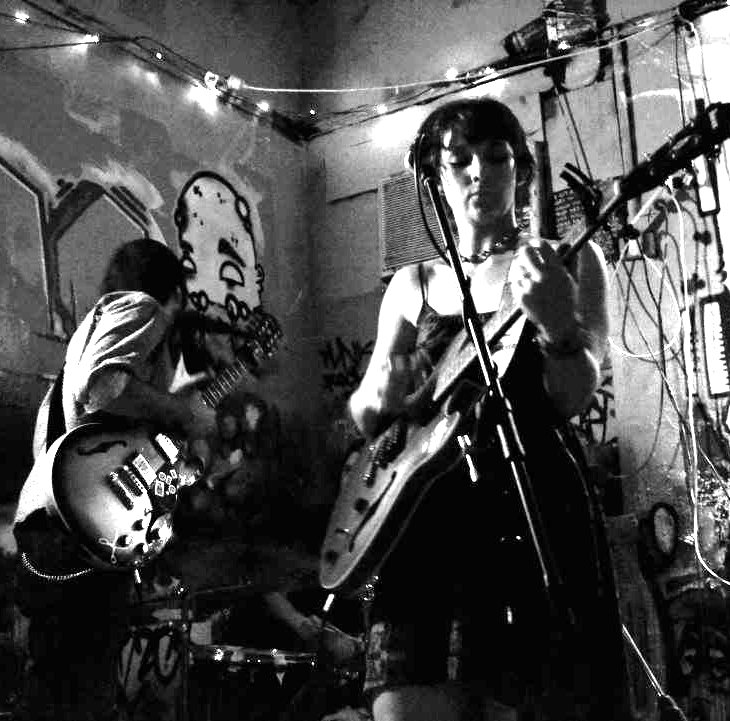Sleazy pubs to stadiums, live music brings $16 bil
 Live music poured $15.7 billion into the Australian economy last year, while creating 65,000 full and part-time jobs.
Live music poured $15.7 billion into the Australian economy last year, while creating 65,000 full and part-time jobs.
Overall, the industry generates three times more than it costs, meaning that for every $1 spent on concerts, $3 goes back into the community.
The figure is the central point from the 2014 Live Music Report, a new study that looks at Australia's live music industry, commissioned by the Live Music Office and conducted by the University of Tasmania.
The research uses data from an online survey of 1,488 live music fans and live music venues in Sydney, Melbourne, Adelaide and Hobart, to gauge how much audiences were spending their money.
About 29 per cent of the $15.7 billion was spent on food and drink at concerts, while 19 per cent was spent on concert and festival tickets.
The study shows music fans will spend big to attend music events all over the place, with travel and accommodation coming in as the third highest expenditure for punters, at 17 per cent.
The remote location of many big events helps boost regional economies as well.
As is often the case, there is plenty of money going around but very little finds its way back into artists’ pockets.
“Relatively few performing musicians are able to generate a living wage from their music, with the median income for practicing musicians in Australia calculated at just $7,200 per year,” the report said.
Most people know a career in live music is a low-earning one from the outset, and it appears that most are not in it for the money.
The Live Music Report argues Australian live music's near-$16 billion worth brings flow-on benefits besides financial, including “contributing to improved health and wellbeing” for concert-goers.
The Live Music Office's policy director John Wardle said the findings would help live music proponents encourage the Government invest more in the sector, to ease the strain for the many music venues that are struggling under strict zoning laws, especially in Sydney.
“This research is an important milestone for the Australian live music industry,” he said.
“We've created a benchmark for governments and the community to understand the importance of live music to Australian culture, community and the economy.”







 Print
Print